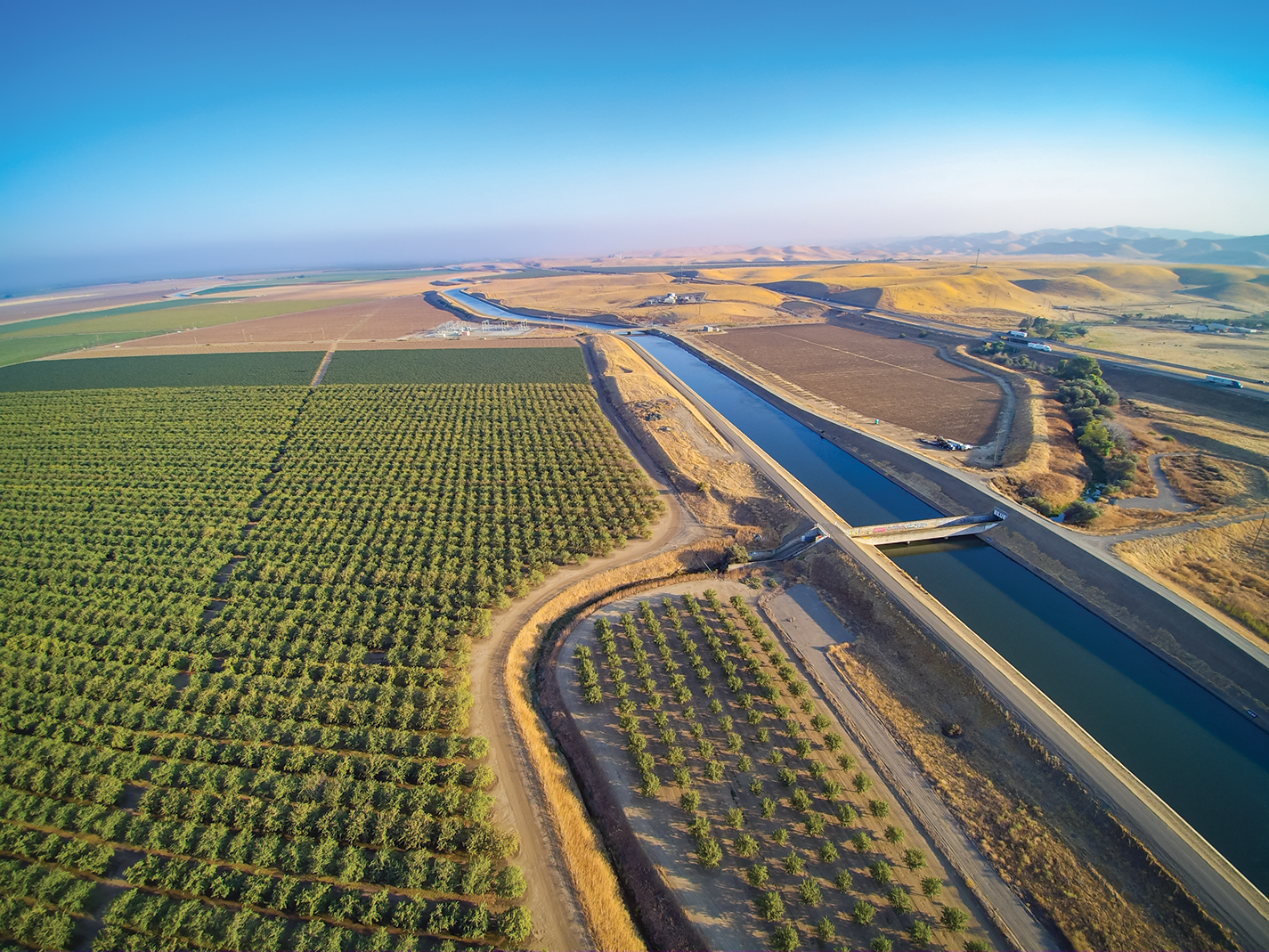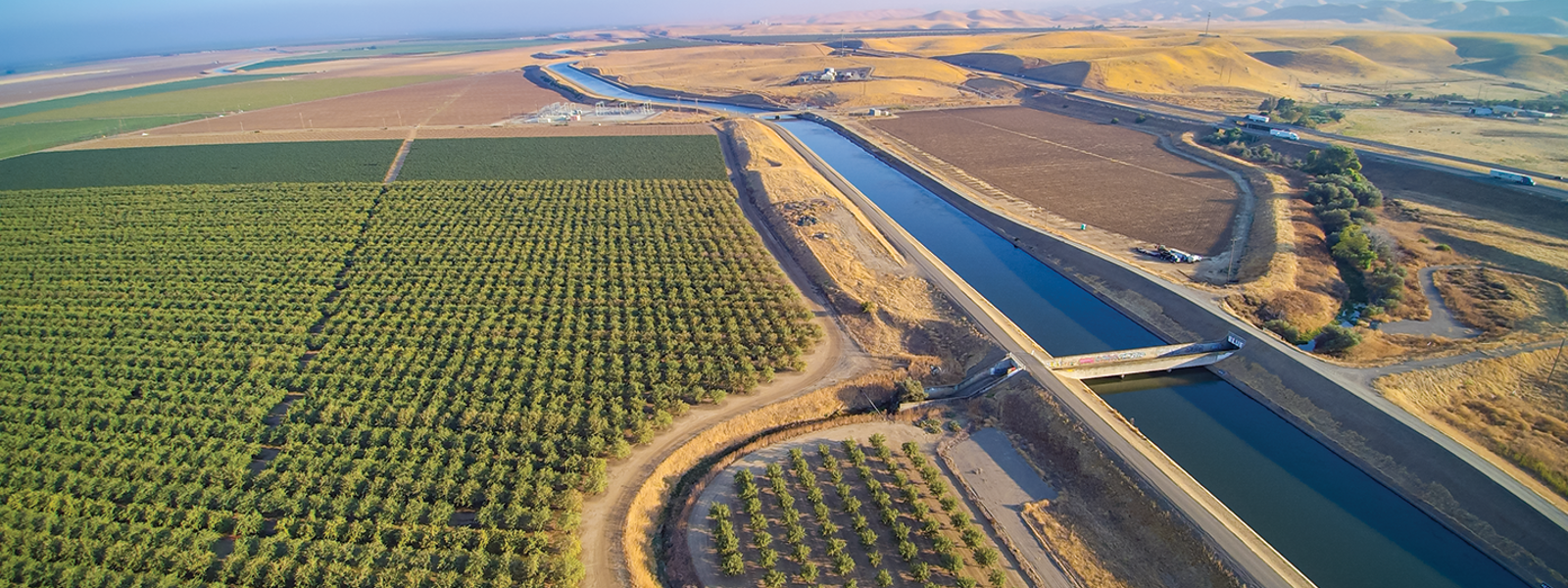Commentary: Water rights bills would jeopardize water reliability

Bills in the state Legislature would give increased authority to the California State Water Resources Control Board and could impact historic water rights and threaten water supplies for farming.


By Pat Wirz
Dangerous water rights reform bills that put the interests of the few over the interests of the many are moving through the California Legislature. Family farmers like me depend on our long-held water rights to feed Californians. But three bills seek to upend our state’s fundamental economic foundation.
I farm in the Cienega Valley near Hollister, which has been a wine-growing region since the 1850s. My family has deep roots in the area. We bought our first piece of ground in the 1940s and the land for our Wirz Vineyards in 1983. We sell grapes to small wineries across the state.
While our vines are typically dry farmed, meaning we rely on the soil’s residual moisture from rain rather than irrigation, water management and supply reliability have been critical to how I operate my business, particularly during dry years. Three bills just a few stops from Gov. Gavin Newsom’s desk would put that reliability at stake and upend California’s century-old water rights system.
The measures—Assembly Bill 460 by Assembly Member Rebecca Bauer-Kahan, D-Orinda, AB 1337 by Assembly Member Buffy Wicks, D-Oakland, and Senate Bill 389 by state Sen. Ben Allen, D-Redondo Beach—would give unprecedented authority to the California State Water Resources Control Board.
Together, the bills would consolidate nearly unchecked power over California water under the board, giving it authority that most certainly will be used to harm existing water rights holders.
Those impacted would be farmers and water providers using water allocations to grow food, supply new neighborhoods with drinking water and facilitate power production. When their water rights are put in jeopardy, the costs of food, water and power will inevitably rise for all Californians.
I understand the value of water rights. In the 1980s, my family joined a group of farmers from the Cienega Valley of San Benito County in working to ensure that our water rights were protected and distributed equitably amongst us and with the city of Hollister.
These agreements we achieved enable us to water our crops, grow our businesses and sell our products to Californians—and make sure that Hollister residents have access to clean, affordable water. Everyone gets their fair share. Bills proposed by legislators this session undermine our water rights.
The measures would not only hurt the businesses that employ our local workforce but would also prevent us from continuing to provide Californians with our farm products at affordable prices.
In San Benito County, 95% of farms are family farms like mine. We simply cannot afford to take on the costs associated with the drastic changes to water rights law proposed in these bills.
While the intent behind these measures may be to curtail illegal water diversions, they go far beyond punishing bad actors.
One of the bills, AB 460, gives the state water board unprecedented authority to suspend the exercise of water rights and increase penalties without due process or judicial review. There’s no need for this. The water board already has the authority and resources to hold illegal diverters accountable.
Another measure, AB 1337, would allow bureaucrats on the board to order water-rights holders to use less water than they have the legal right to use, even in wetter years like this one. That’s like giving the government the ability to force you out of the house you own for parts of the year.
AB 1337 would allow the water board to effectively direct how water is managed in watersheds, stripping local jurisdictions of their role. It would render irrelevant collaborative agreements like the one we have in the Cienega Valley that has sustained our farms and cities for a generation.
All of these proposals would impose new burdens on legal water diverters to submit data and records to the water board and, in some cases, to pay for studies by board staff to investigate the diverter’s very own water right.
Water rights holders already comply with both longstanding and new water use measurement and reporting requirements, including those the water board just implemented during the recent drought. These data collection efforts should be allowed to play out before the board is directed to again ask diverters for additional records of water use going back to the state’s earliest years.
Farmers like me are proud of the work our communities do to feed the people of our state and country, but these bills treat us as if we are an enemy.
For the sake of farmers and ranchers across California, and hard-working families in urban and rural communities, I hope legislators in Sacramento vote “no” on these bills to protect our agricultural production and stave off unnecessary price increases for our food, housing and energy.
(Pat Wirz is a winegrape grower in San Benito County. He may be contacted at wirzvineyards@gmail.com)




